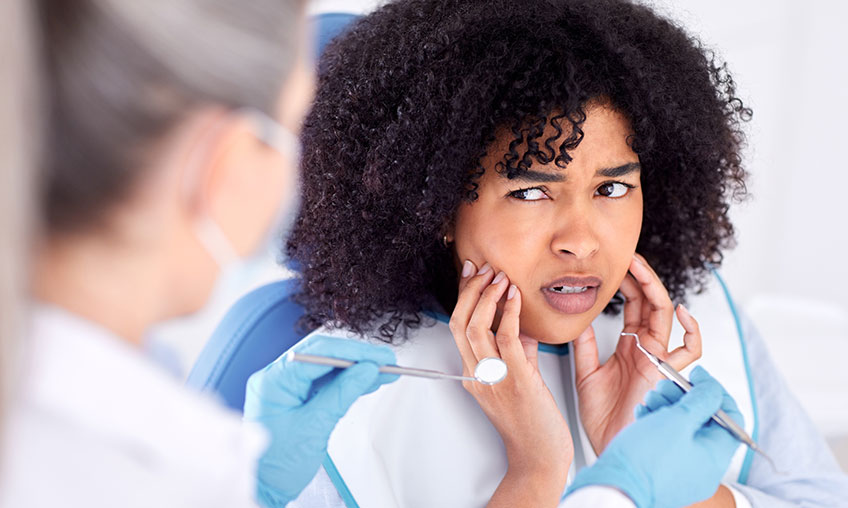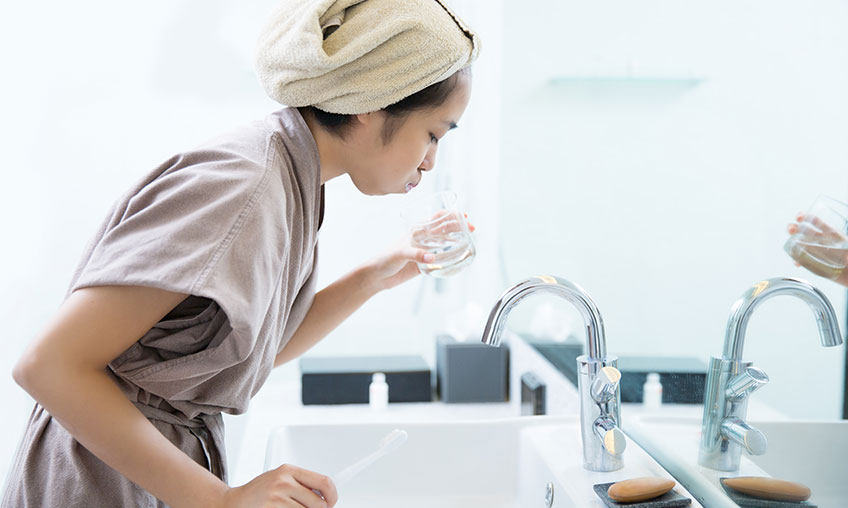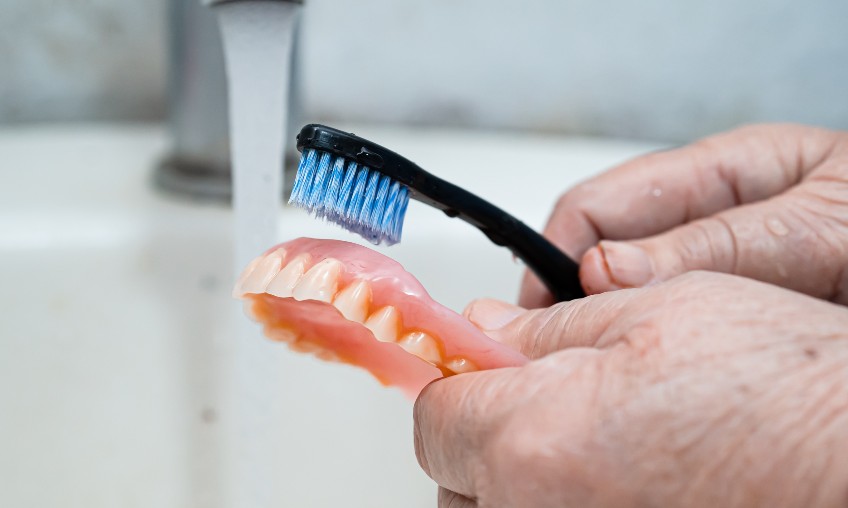
Mouthwash (also called mouth rinse) can be a helpful addition to your oral health routine, says the American Dental Association (ADA). It can reach places in your mouth that are hard to clean with a toothbrush. But remember, mouthwash should not replace brushing and flossing your teeth every day. It’s just an extra way to keep your mouth clean.
All mouthwashes are not created equal. Some contain alcohol and some do not. But which should you choose? Let's look at the facts.
Mouthwash With Alcohol
Mouthwash with alcohol might fix bad breath for a short time. But overusing it can cause problems. It dries out your mouth and cuts down on saliva. And saliva is important because it:
- Washes away food bits
- Helps break down food
- Fights germs that cause cavitiesAdds minerals to make teeth stronger
Visit the ADA’s website to view a list of approved mouthwashes with alcohol.
But the following should NOT use alcohol mouthwash:
- Children under 6
- People with diabetes
- People getting cancer treatment
Mouthwash Without Alcohol
Mouthwash without alcohol (sometimes called mouth rinses) may be better for you. These rinses:
- Help fix bad breath for longer
- Don't dry out your mouth
- Keep the healthy balance of saliva in your mouth
If you drink bottled water or don't have fluoride in your tap water, using a fluoride rinse is a good idea. Fluoride helps stop cavities and makes tooth enamel stronger.
DentaQuest, part of Sun Life U.S., is on a mission to improve the oral health of all. Click here for more helpful oral health tips and information.
 Preventistry Pulse Image
Preventistry Pulse Image
PREVENTISTRY PULSE
The newsletter designed for anyone who wants to improve oral health for themselves, their families, customers or communities.





